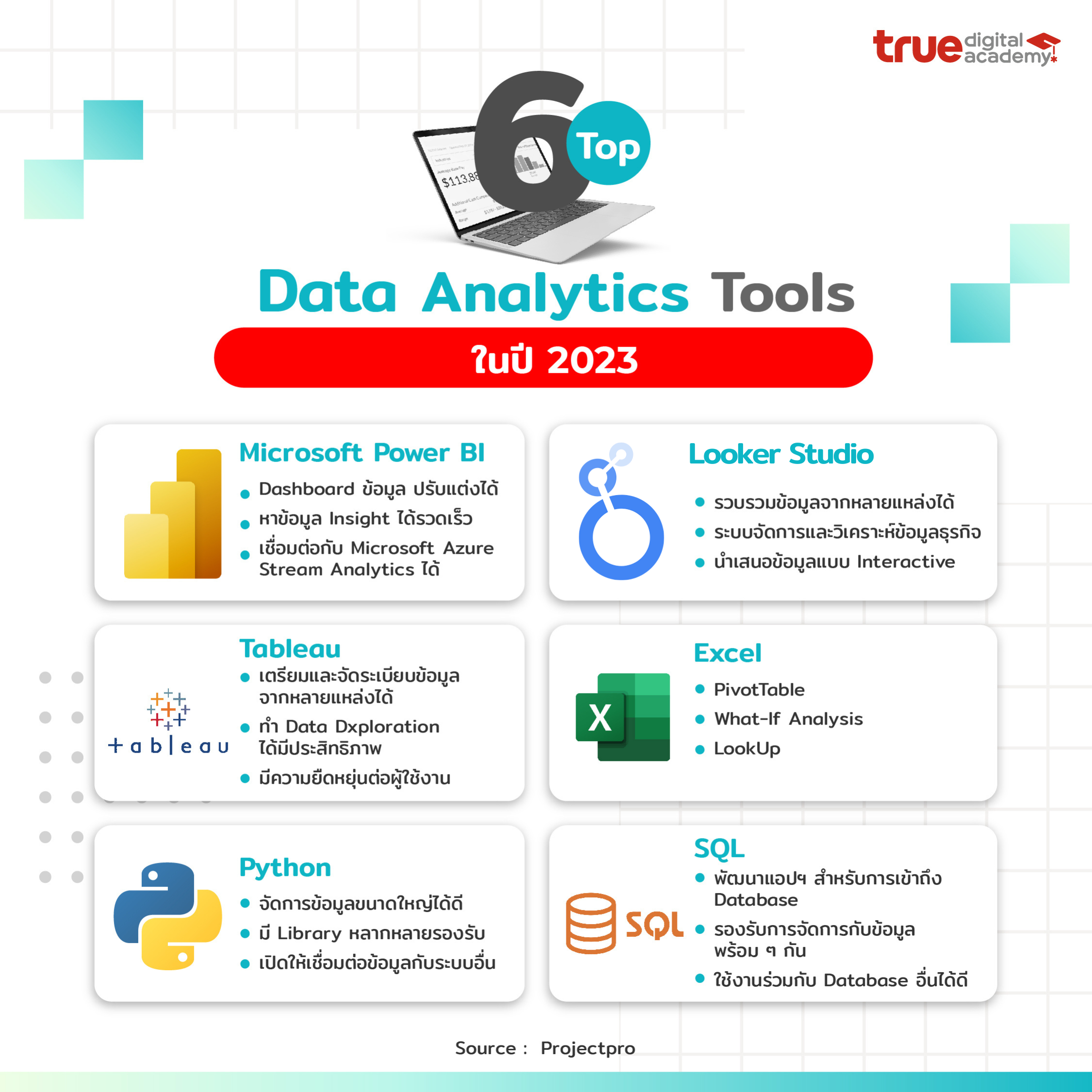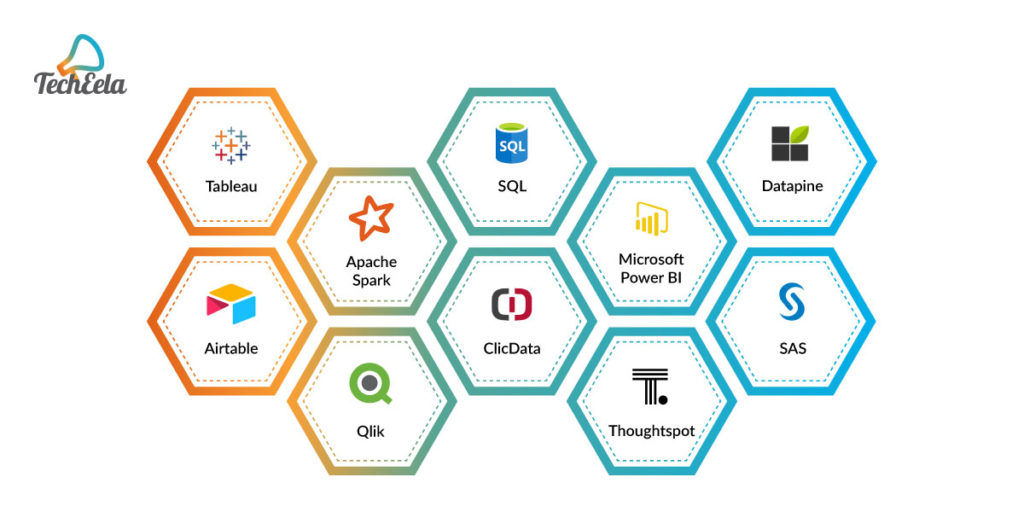Boost Decision-Making Power Via Reliable Analytics Tools
Wiki Article
Make Best Use Of Development: How Analytics Drive Better Approaches
In today's data-driven landscape, companies progressively identify the essential role of analytics fit effective development techniques. By harnessing information insights, services can refine their functional approaches, expect market changes, and improve consumer interaction. The difficulty exists not only in gathering information but in successfully analyzing it to drive tangible results. As we discover the essential advantages and techniques related to analytics, a crucial concern arises: just how can organizations ensure they are leveraging these understandings to open their complete potential? The response might redefine the future of strategic planning.Understanding Data Analytics
Data analytics is a systematic computational analysis of data that enables organizations to uncover meaningful patterns and insights. This process encompasses a variety of techniques, including statistical evaluation, anticipating modeling, and information mining, which jointly intend to transform raw data into workable details - Analytics. By using these approaches, companies can make informed decisions that are rooted in empirical evidence instead than intuition aloneThe foundation of data analytics depends on its capacity to deal with huge amounts of info from diverse resources. This consists of organized information, such as data sources, and disorganized data, including social media communications and consumer comments. Through making use of specialized software program and devices, analysts can extract and refine this data efficiently, identifying trends and connections that may not be immediately noticeable.
Comprehending data analytics additionally includes recognizing the importance of information high quality and integrity. Dependable and exact data is essential for purposeful analysis; thus, companies must apply robust information governance techniques. Moreover, the repetitive nature of analytics permits continuous improvement and improvement of methods, ensuring that companies remain active in the face of altering market dynamics and consumer actions.
Secret Advantages of Analytics

One of the crucial advantages of analytics is its capability to give actionable insights. Organizations can quickly evaluate large amounts of data, uncovering patterns that may not be promptly noticeable. This aids in preparing for market changes and adjusting methods appropriately. Furthermore, analytics fosters a culture of evidence-based decision-making, reducing reliance on instinct and uncertainty.
One more significant advantage is boosted client understanding. Analytics tools make it possible for organizations to sector their target market, track consumer actions, and individualize advertising efforts. This targeted strategy not just boosts client engagement however also drives higher conversion rates.

Implementing Analytics Strategies
To completely understand the advantages of analytics, organizations need to take on structured methods for execution. This begins with clearly defining purposes that straighten with broader service objectives. By developing particular, measurable results, companies can concentrate their analytics efforts on areas that generate the greatest return on financial investment.Following, organizations should prioritize data administration to make sure the honesty and security of the data my sources being evaluated. This includes establishing up methods for information collection, storage, and access while adhering to relevant policies. Guaranteeing high-grade information is crucial for generating meaningful insights.
Additionally, promoting a culture of data-driven decision-making is vital. This needs training employees to translate analytics findings and motivating collaboration throughout divisions. They are a lot more likely to integrate insights right into their everyday procedures. when groups recognize the worth of analytics.
Lastly, organizations should frequently examine and improve their analytics approaches. The landscape of information and technology is consistently evolving, and remaining versatile will allow organizations to leverage new devices and techniques effectively. By applying these organized approaches, companies can maximize the effect of their analytics efforts and drive sustainable growth.
Devices for Efficient Analysis
Effective analysis counts on a range of devices that help with the removal of insights from information - Analytics. These devices can range from simple spreadsheet applications to advanced machine discovering platforms, each offering an unique purpose in the analytical processInformation visualization software, such as Tableau and Power BI, plays a critical duty in changing complex datasets into understandable graphical depictions. These devices make it possible for analysts to identify patterns and fads promptly, permitting more informed decision-making.
Statistical evaluation software program, like R and SAS, uses innovative abilities for carrying out extensive evaluations, including regression, hypothesis screening, and predictive modeling - Analytics. These attributes equip organizations to draw purposeful verdicts from their data, identifying potential chances and risks
Additionally, database management systems such as SQL and NoSQL databases offer the needed framework for saving and inquiring large quantities of information efficiently. They guarantee that information is organized and available for evaluation.
Last but not least, company knowledge systems incorporate numerous information resources, providing an extensive view of organizational efficiency. By making use of these tools efficiently, services can enhance their logical abilities, allowing them to develop methods that make the most of development and improve overall efficiency.
Instance Studies of Success
Successful organizations usually leverage data analytics to drive impactful techniques, as shown by numerous remarkable case research studies. By employing these understandings, Netflix has actually efficiently customized its content recommendations, resulting in increased user interaction and subscriber retention.
In addition, Starbucks uses information analytics to establish optimal store places and refine its item offerings. By checking out customer demographics and buying patterns, look at these guys Starbucks effectively recognizes high-potential markets and tailors its food selection to regional preferences, driving sales and customer loyalty.
These case researches show that efficient application of data analytics can result in tactical benefits, promoting innovation and growth within companies across various industries.
Verdict
To conclude, the assimilation of analytics right into organizational techniques considerably boosts decision-making procedures and promotes sustainable development. By leveraging data-driven understandings, companies can identify fads, prepare for market shifts, and optimize procedures. The efficient implementation of analytics devices additionally supports dexterity and advancement, allowing companies to browse competitive landscapes with better precision. Ultimately, a dedication to analytics not only drives prompt performance renovations however also safeguards long-lasting success in an ever-evolving industry.Data analytics is an organized computational analysis of data that makes it possible for organizations to reveal significant patterns and understandings.Comprehending information analytics also includes identifying the value of information quality and honesty. Trustworthy and exact information is essential for meaningful analysis; thus, organizations must implement robust data governance techniques.Next, organizations need to focus on data administration to ensure the integrity and safety and security of the information being evaluated.Successful companies commonly leverage information analytics to drive impactful approaches, as evidenced by several remarkable case research studies.
Report this wiki page